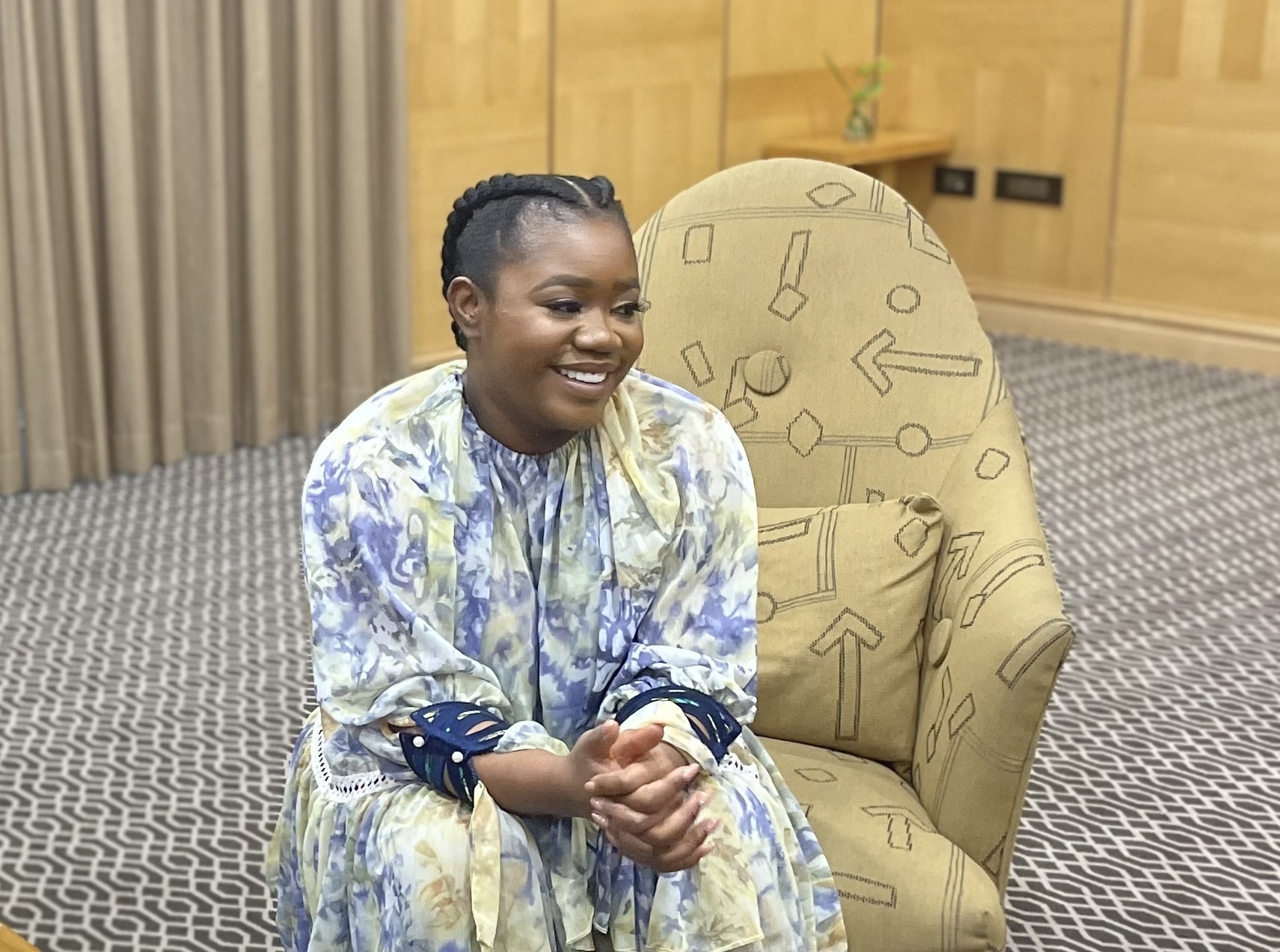Through her new luxury game lodge in Zimbabwe, Vimbai Masiyiwa, the daughter of billionaire businessman Strive Masiyiwa, hopes to empower and bring change to local communities.
“I think nature has a special way of helping us heal and recover, helping us reflect and refresh.”
Vimbai Masiyiwa may be a billionaire’s daughter but is creating her own niche.
And that niche is a newly-refurbished luxury game lodge at the Zambezi National Park in Zimbabwe where the 27-year-old businesswoman says she will be using “hospitality and tourism as a catalyst for social change and local economic growth”.
“Just before the pandemic started, we ended up making a decision that we wanted to create a new brand of lodges, which we’ve now called Batoka Lodges – really as a social business,” adds the second eldest daughter of Zimbabwean tech tycoon and founder of Econet, Strive Masiyiwa.
Loading...
With a BSc in Computer Information Systems from Bryant University, and a Master’s in Entrepreneurship and Entrepreneurship studies from University College London, Vimbai joined the board in 2017 when the family invested in a hospitality group. She put together a proposal for what they could do for tourism in the famed Victoria Falls, one of the world’s largest waterfalls located on the border between Zambia and Zimbabwe.
In an interview with FORBES AFRICA, as director of the Batoka Zambezi Sands River Lodge, she talks about how each suite at the lodge will have a view of the Zambezi River, the fourth-longest river in Africa. Later this year, she is also set to launch the four-star Batoka Gorges and Little Lodge close to Victoria Falls.
But she also talks at length about community collaboration, women-led businesses and accessibility of mental health services. A lot of this stems from her own experience as a cancer survivor, when she had to take a year off studies for treatment. Vimbai is also focused on reducing the stigma around mental health.
“I’m very open about my own journey with mental health. And I think having experienced things such as clinical depression, and seeing how Africans, whether family members or friends, reacted and responded, it was quite an interesting experience. And also showed just the lack of understanding around mental health, which is why I started doing some of the work I do on the side,” she explains.
“As the pandemic has lasted for over two years now, we see it even more, particularly in young people, and resources are scarce for care for mental health and lobbying.”
At the lodges, she is looking to incorporate wellbeing programs for staff, and rebrand mental health challenges in a way that people understand.
“And then from the guests’ point of view, I think our properties can serve as a sanctuary for people who are looking to take a break, and have a change of scenery. I think nature has a special way of helping us heal and recover, helping us reflect and refresh.”
As a part of the plan to foster partnership and employment opportunities, food will be locally sourced, as also some of the décor, taking into account local tribes and ethnic groups such as Tsonga and Ndebele.
The lodges will use shea butter products from R&R Luxury founded by her friend Valerie Obaze.
“We’ve also worked with Petalilli Tea, which is a tea brand in Zimbabwe. [Peta Searle] is a local female tea farmer. And through our collaboration with her, we created a very special blend, called the Batoka blend, which incorporates ingredients that you find in our local area.”
The tea brand uses biodegradable packaging, as the lodge does not support single-use plastic.
“So I think we’ve looked a lot at working with not only local, as in Zimbabwean, but African brands. Then to take it a step further, we also look at the community as our partner. You know, we are a part of the communities that we exist in.”
What has also been stimulating for Vimbai has been listening to the staff. For example, one of the pastry chefs, Sicelo, pointed her attention to drug abuse and alcohol addiction among the local children leading to them dropping out of school.
“There is so much to learn when we have open conversations with each other,” says Vimbai, even as she opens the doors for business.
The main challenge she has experienced is running the operation with a large staff complement, as the cultural norm is not to have a young female leader, she explains.
“Those are the kind of challenges that I guess the old guard does not face. Everybody listens to a strong male voice. So, it’s been an interesting learning curve, but I’m really enjoying it. And I hope more women will want to take on some of these challenging positions in male-dominated industries.”
A central issue also is making luxury safari lodges more accessible to Africans. One of the ways she is trying to achieve that is with “slightly lower price points” than most luxury properties in sub-Saharan Africa.
“That is primarily to make sure that African travelers also get to experience the wildlife experience in a very comfortable way. And not only seeing it on social media or advertisements. So that’s something that we were very passionate about as an organization,” she concludes.
Loading...
